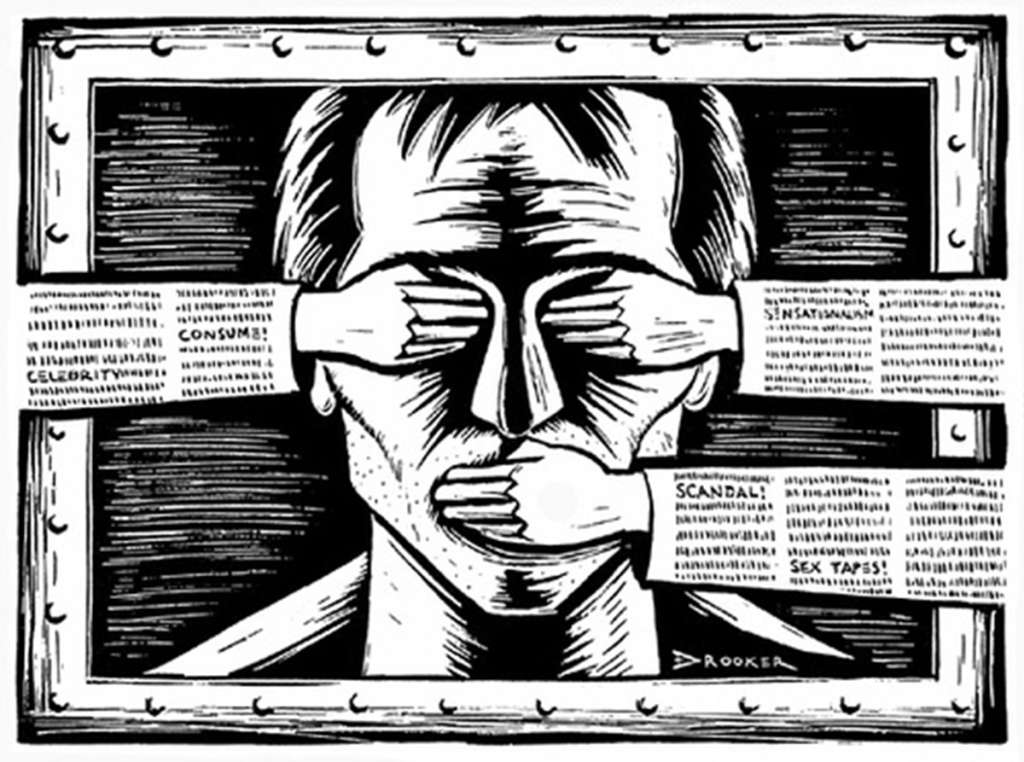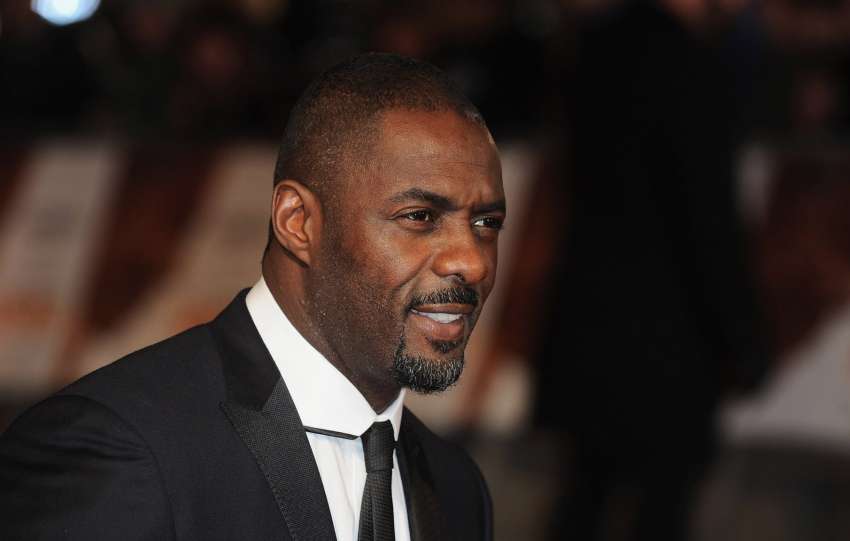Let’s see if is it effective to censor parts of the media. Censor is the editing or deletion of speech, writing, photographs, or other forms of information based on the opinion that the material is subversive, obscene, and pornographic. Both governments and private organizations may engage in censorship for stated reasons such as national security, preventing hate speech, protecting children and other protected groups, restricting political or religious views, or preventing defamation or slander.

It is important to note that the concept of censorship is a controversial topic when it comes to communication and information sharing in general. The modern era of information abundance has led to the widespread spread of misinformation as a major drawback of such an environment. The rapid development of communication technologies has created a space for combining accurate and incorrect forms of information, requiring filtering and separation of the two. However, censoring pieces of media is not an effective way to ensure the accuracy of the information available and protect people from misinformation. The main reason stems from the concept of freedom of speech and expression. The downside of censorship is its potential for abuse when it no longer serves the public interest but is instead the goal and agenda of the authorities or groups that carry out the censorship.
In other words, the most dangerous aspect of censor-ship is silencing political and public voices, which often oppose power structures. Allowing media censorship to eradicate misinformation can quickly turn the free media and the press into a propaganda machine that only serves the interests of the powerful. The only counter to misinformation is to provide accurate information presented in openness and transparency. For example, if an individual or group engages in public misinformation, the appropriate countermeasure is true and correct information communicated transparently and publicly. Misinformation is dangerous and must be eliminated, but it must not come at the expense of freedom of speech and expression in the media.
Even before the Cambridge Analytica scandal, it was clear that social media played an important role in public life. Politicians use Twitter to communicate directly with voters and spend billions of dollars on targeted advertising on Facebook. Meanwhile, a new generation of political and social commentators has received their voices from YouTube and is now garnering audiences that the mainstream media can only dream of.
However, it should be emphasized that these three platforms are commercial, with an obligation to maximize profits for their investors. In all three cases, the business model is the classic media one of charging for access to their audience, which means they rely on advertisers for their revenue. This, in turn, can lead to conflicts of interest.
These things have always existed in the traditional media as well. It is much more common for publications to be pressured by advertisers to change editorial decisions or risk losing advertising revenue than you might imagine. They are then faced with a simple choice: a short-term solution to blackmail or a long-term investment in the public trust and credibility of their title.
In recent decades, freedom of expression has become one of the most discussed and relevant topics between the public and governments. Regarding fundamental human rights, it is clear that the free and open sharing of information and communication between all parties plays an important role in ensuring healthy development and progress. However, to think that each country would be willing to spread all kinds of ideas and views without fixed borders would be a utopia.
A common argument at times like these, often made by those deeply skeptical of the motives of big business, is to insist that private companies like Facebook are free to control their platforms as they see fit. But the fact that these platforms are where most of the public discussion takes place and that these companies tend to buy out competitors when they get too big means that this is public concern about freedom of speech rather than competition.

If speech is restricted by a private monopoly, public interference may be the only way to combat it. As any telecom company can tell you, regulation of oligopolies in markets with high barriers to entry is common and important to ensure that consumers are not taken hostage.





